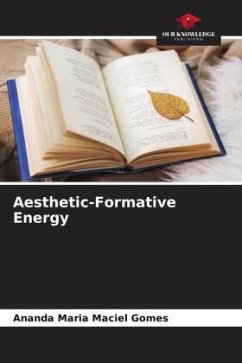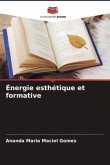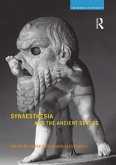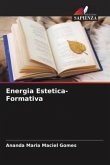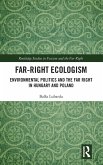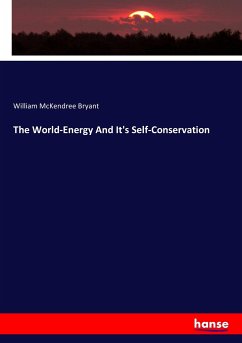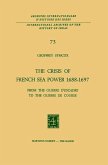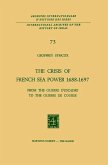In Ancient Greece (before the advent of philosophy), the experience of human formation was woven as an ethical and aesthetic process. The metaphor of the loom and its weaving, which I propose in this research to examine Homer's epic poem Odyssey, is a heuristic device for understanding concepts that were dear to Greek society in the 7th century BC. the excellence (areté) of the hero, a man of noble lineage; his honour (timé) in leading his family (óikos) and the community of the polis for which he is responsible - so that he acquires fame among his descendants in the future and becomes full of glory (kléos); the willingness to be good (agathós) and to be beautiful (kalós) - concepts or values complemented by the specifically feminine areté, which is translated by the beauty of women and their social role within the family. In a world that was gradually breaking away from mythical-religious thinking and establishing a new way of thinking, we can recognise in the Odyssey the beginnings of a "formative novel" (perhaps the first recorded in writing in the West?).

